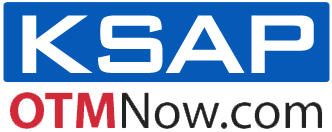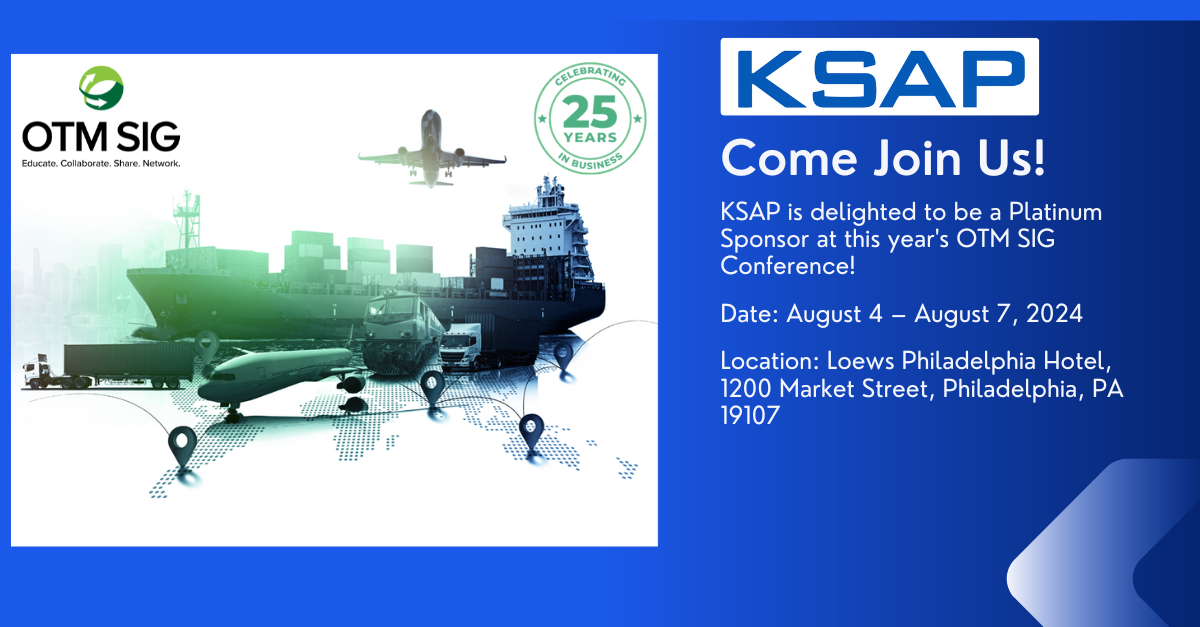ERP and SCM Software Modernization

A Supply Chain Journey
In today’s fast-paced business world, technology plays a critical role in driving growth and competitiveness. One area where technology has made a significant impact is Enterprise Resource Planning (ERP) and Supply Chain Management (SCM). Organizations have started to realize the immense benefits that can be achieved through IT modernization and implementing Oracle ERP and supply chain software.
Oracle ERP and SCM software offer organizations a comprehensive suite of applications that can be customized to meet specific business needs. These applications help organizations automate their business processes, reduce costs, increase efficiency, and improve decision-making.
One of the key benefits of implementing Oracle ERP and SCM software is improved visibility and control over business operations. With these applications, organizations can access real-time information about their entire supply chain, including inventory levels, order status, and production schedules. This level of visibility enables organizations to make informed decisions and respond quickly to changes in the market.
Another advantage of Oracle ERP and SCM is increased efficiency. By automating manual processes, organizations can streamline their operations and reduce errors. This results in faster processing times, reduced labor costs, and increased productivity.
Furthermore, Oracle ERP and SCM can help organizations improve customer service. With these applications, organizations can track orders from start to finish, enabling them to provide customers with accurate information about their orders. This level of transparency builds trust with customers and can lead to increased loyalty and repeat business.
In addition, implementing Oracle ERP and SCM can help organizations reduce costs. By automating processes, organizations can eliminate the need for manual labor, reduce errors, and optimize their operations. This can result in significant cost savings over time. When modernizing their ERP software, companies can take the following activities to ensure a successful implementation:
- Assess current systems and processes: Companies should start by assessing their current ERP systems and processes to determine what needs to be improved and what new features they require.
- Define business requirements: Companies should define their business requirements and identify the key functionality they need in a new ERP system. This will help ensure that the new system meets their needs and aligns with their business goals.
- Choose the right vendor and solution: Companies should carefully choose an ERP vendor and solution that best fits their needs and budget. This may involve conducting a thorough vendor evaluation and comparison of various solutions.
- Plan and design the implementation: Companies should carefully plan and design the implementation of the new ERP system. This may include creating a project timeline, developing a budget, and identifying the resources needed.
- Data migration: Companies should plan for the migration of their existing data from the old ERP system to the new one. This may involve cleansing, transforming, and verifying the data.
- Test and validate the system: Companies should thoroughly test the new ERP system to ensure that it meets their business requirements and that all processes and systems are integrated and working correctly.
- Train users: Companies should provide adequate training to their employees on how to use the new ERP system effectively. This will help ensure a smooth transition and maximize the benefits of the new system.
- Monitor and adjust: Companies should monitor the performance of the new ERP system and make adjustments as needed. This may involve ongoing improvements and enhancements to the system to ensure it continues to meet their changing needs.
Finally, Oracle ERP and SCM can help organizations stay competitive in a rapidly changing market. By having access to real-time data, organizations can make informed decisions and respond quickly to changes in the market. This agility can be a significant competitive advantage, enabling organizations to stay ahead of the curve.
In conclusion, implementing Oracle ERP and SCM can provide organizations with a range of benefits, including improved visibility and control over business operations, increased efficiency, improved customer service, cost savings, and enhanced competitiveness. As technology continues to evolve, organizations that fail to invest in IT modernization risk falling behind their competitors. Therefore, it is essential to consider implementing Oracle ERP and SCM to stay ahead of the curve and achieve long-term success.

| Key Contributor
Sam has spent over 20 years in the Transportation Management Software space starting his journey at G-Log. Since that time Sam has been guiding companies across the globe with their supply chain initiatives.



